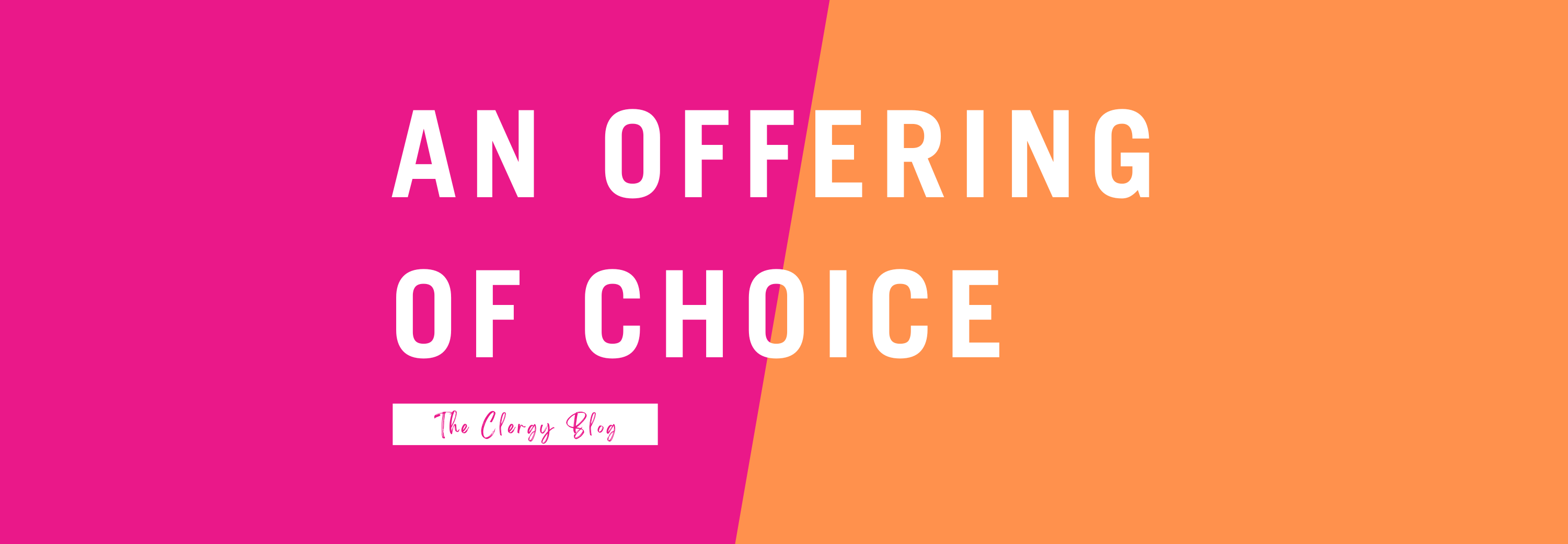
An Offering of Choice
וְשָׁחַ֨ט אֹת֜וֹ עַ֣ל יֶ֧רֶךְ הַמִּזְבֵּ֛חַ צָפֹ֖נָה לִפְנֵ֣י יְהֹוָ֑ה וְזָרְק֡וּ בְּנֵי֩ אַהֲרֹ֨ן הַכֹּהֲנִ֧ים אֶת־דָּמ֛וֹ עַל־הַמִּזְבֵּ֖חַ סָבִֽיב׃
He shall slaughter it at the side of the altar, on the north, before Hashem; and the sons of Aaron, the Kohanim, shall throw its blood on the altar, all around.
Leviticus 1:11
“In the Beginning” is an acknowledgment of a process. God’s creation is perfect because it is Godly, but part of that perfection is a deliberate incompleteness that obligates us to partner in its formation. When bad things happen, they are not exceptions to an otherwise good world, but are indicators that the world that we are meant to create hasn’t yet been achieved. The Talmud1 describes our world as resembling a partially enclosed shelter, where the fourth wall remains open. The Hebrew letter Bet – ב, meaning house, is the first letter of the Hebrew Bible to show that the creation of this world is still unfinished. It is the northern wall, צָפֹ֖נָה, which the Talmud teaches is left for us to build.2 In addition to meaning “north,” “Tzafun” also means hidden, like the way in which we name the broken matzah that is put away for the afikomen at the end of the Seder meal. Bechirah, the free will that we are given to make choices, reveals what is concealed within our intentions as we build the “northern wall.” The Temple sacrifices, and the prayer structure we have today in its place – known as “service of the heart” – is a meaningful construction because it is an expression of our thoughts and feelings about how we want to experience life in relationship to God and each other. Coming closer to God doesn’t require physical movement because God is everywhere, all of the time. The shift in proximity is one from feeling distant or disconnected, to a sensitive awareness of the Divine Presence. This is achieved by choosing to offer oneself in the service of goodness.3 The greatest example of this in our tradition is the binding of Isaac. His complicity in a literal self-sacrifice, at the age of 37, is so cherished by God that it is recalled every time the “north side of the altar” is mentioned during the actual sacrifices in the Tabernacle.4 Indeed, the “karbanot” (closeness) offerings, described in the Torah are modeled on Isaac’s desire to give himself totally, in service of the Divine. The rabbis5 famously rely on future generations to carry on the work of perfecting the world by instructing us to read the Hebrew word for “children,” as “builders:” אַל תִּקְרֵי ״בָּנָיִךְ״ אֶלָּא ״בּוֹנָיִךְ״.” God consoles Abraham by telling him that his work will continue through his son Isaac: ”בְיִצְחָ֔ק יִקָּרֵ֥א לְךָ֖.”6 The letter “בְ,” before Isaac’s name, is an allusion to the two “בְ” Temples that will be built by his descendants as centers for communal service.7 For a choice to be real, there needs to be an alternative option. With destructive outcomes that we are still suffering from today, our ancestors chose to give themselves over to division and hate and consequently, the Temples were destroyed. The prophet Jeremiah8 warns that the northern front is where we must cautiously guard against evil, ”מִצָּפוֹן֙ תִּפָּתַ֣ח הָרָעָ֔ה,”9 and fill the opening with opportunities of goodness. King David uses the same word for north/hidden to suggest that one can prevent bad actions by focusing on our desires for holiness that have been saved up in the heart: “בְּ֭לִבִּי צָפַ֣נְתִּי אִמְרָתֶ֑ךָ לְ֝מַ֗עַן לֹ֣א אֶֽחֱטָא־לָֽךְ.”10 When a person becomes aware of something tragic that has happened in the world, a common response is to justify inaction by apathetically acknowledging that there is really nothing that we can do about it. Obviously, we tell ourselves, if there was something that we could do about it, we totally would. But in truth, the need to build structures of goodness in the world is most apparent when we see that evil succeed. The merit and model of Isaac’s offering wasn’t because he was responding to forces of negativity, but because his intentions were clearly visible: literally being bound up in the will of the Divine. “בְיִצְחָ֔ק – through Isaac” has a numerical value of 210,11 just as the Hebrew word for “choice – בחר.”12 Choosing to follow God’s process of creation requires us to carry out and carry on God’s Divine project. 1 Bava Batra 25b. 2 See Peri Tzadik, Korach 4:2. 3 See Sfas Emes 643. 4 Tana D’Bei Eleyahu, chapter 6. 5Berakhot 64a. 6 Genesis 21:12. 7 Korban HaEdah on Jerusalem Talmud Nedarim 3:8. 8 1:14. 9 See Ohr Gedalyahu. 10 Psalms 119:11. 11 See introduction for an expanded explanation. 12 See Paaneach Raza, Vayera.